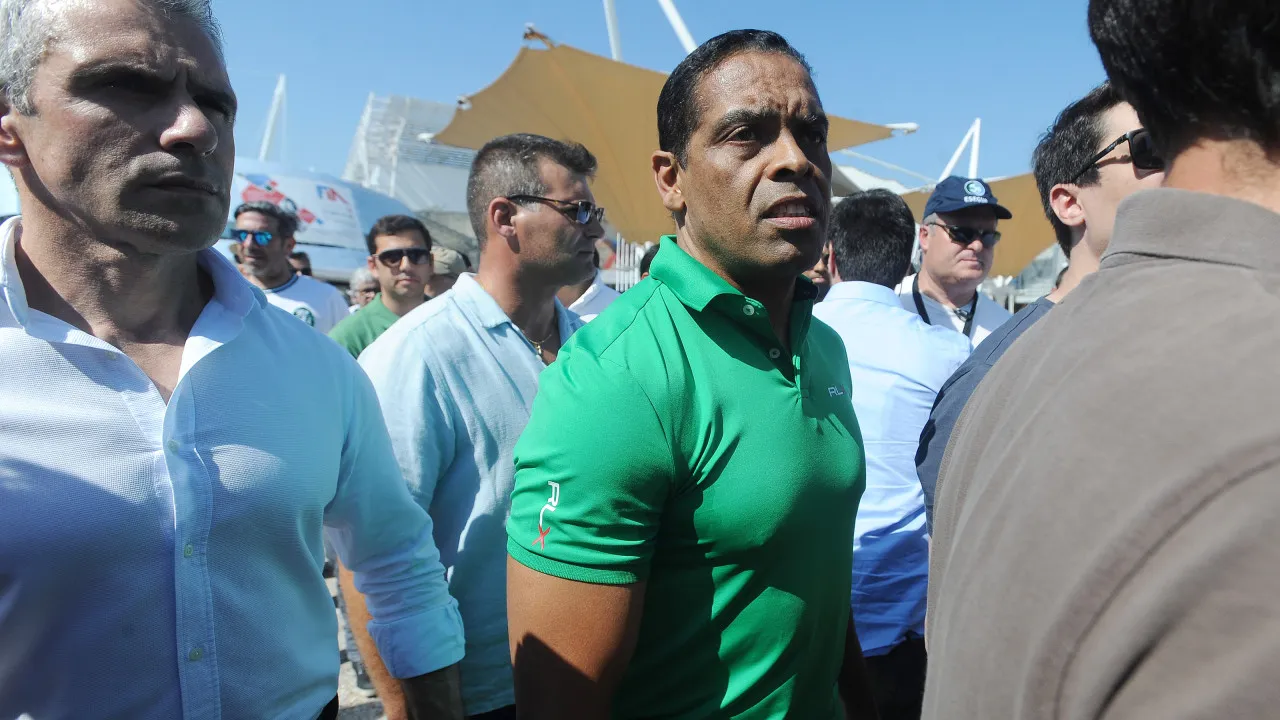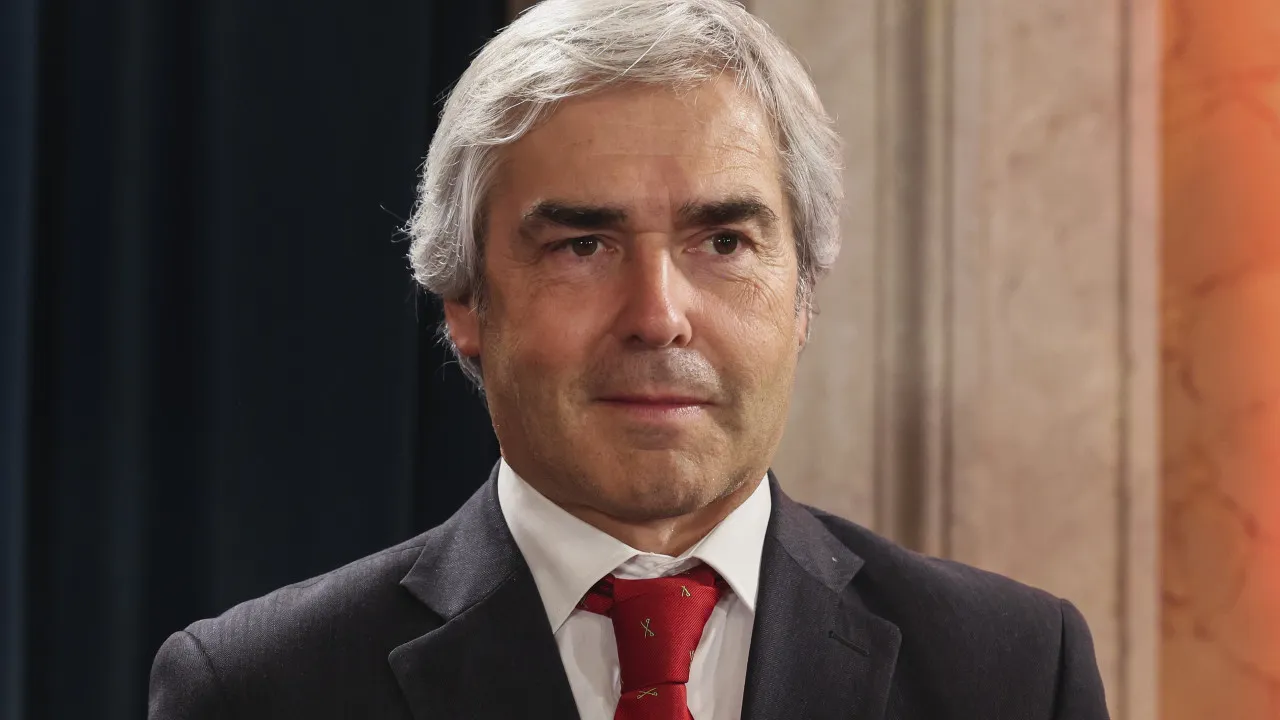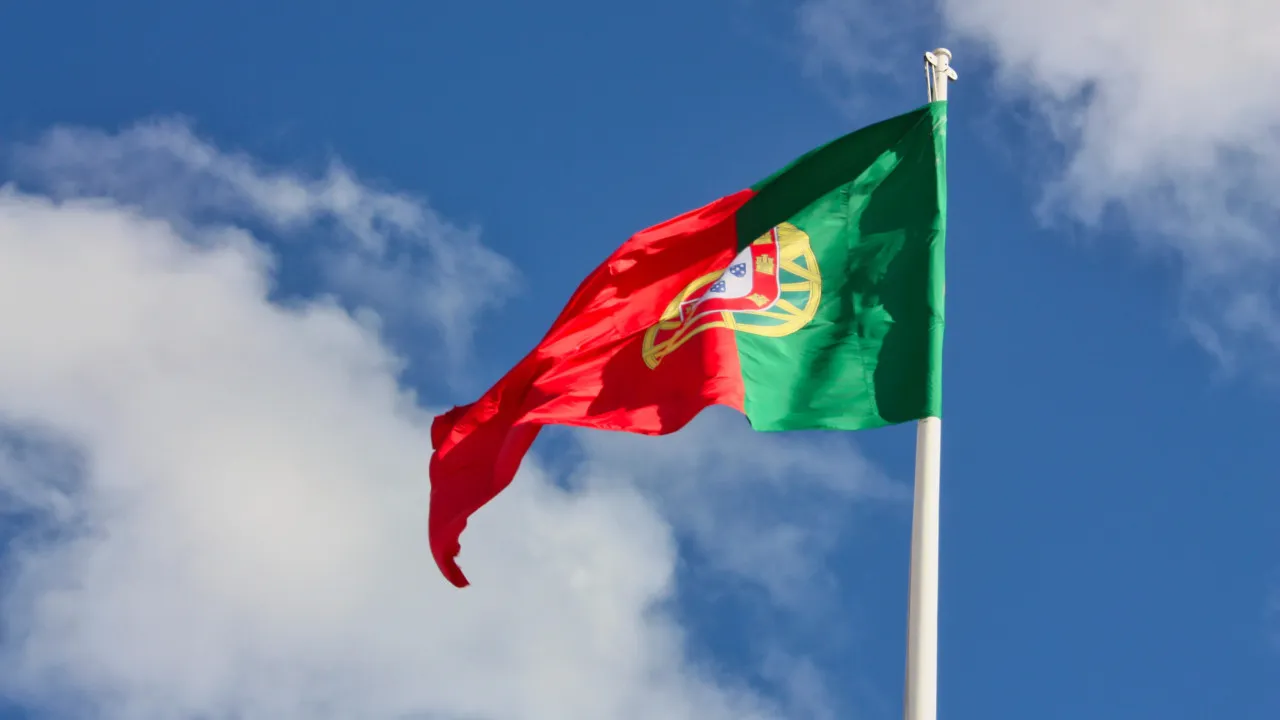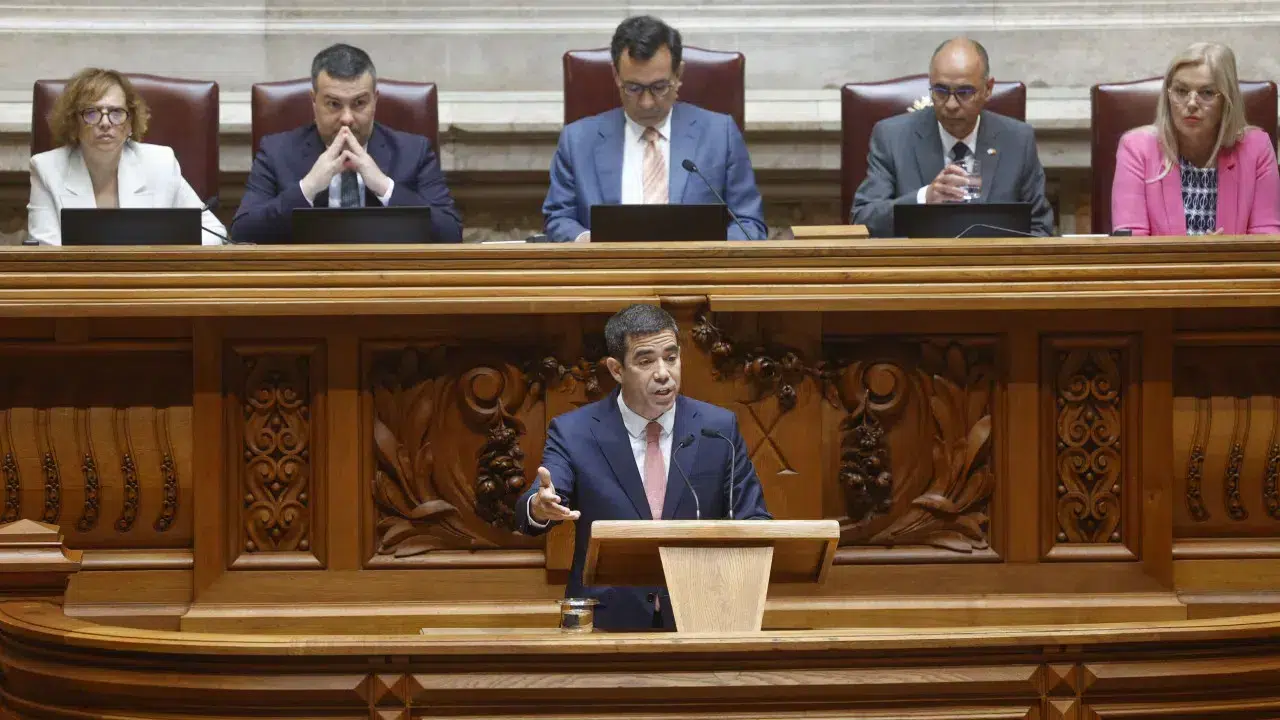
On the first day of his trial for breach of trust and fraud, Amílcar Morais Pires testified in Lisbon, stating that he requested guidance from the then-president of Banco Espírito Santo (BES) on unresolved issues in Angola. Morais Pires recalled asking Ricardo Salgado for advice on dealing with Banco Espírito Santo Angola (BESA) regarding its financial situation, to which Salgado responded that despite holding management responsibility, he could not contact Álvaro Sobrinho.
“Dr. Ricardo [Salgado] said he would look into the matter. It would not be appropriate for Dr. Álvaro Sobrinho to report to me. He would continue to report to Dr. Ricardo [Salgado],” stated the 63-year-old economist.
In response to a query from the presiding judge about whether this implied that former banker Salgado had direct responsibility over BESA, Amílcar Morais Pires confirmed it to be accurate.
“Dr. Ricardo [Salgado] told me: ‘I will speak with Álvaro [Sobrinho] before handing over the responsibility to you.’ Until the General Assembly on November 6, 2012, I had no contact with Álvaro Sobrinho,” he added.
Morais Pires took charge of BESA in May 2012 as part of an internal reorganization.
The defendant asserted he only became aware of the instabilities in BES’s Angolan subsidiary and the risks they posed to the Portuguese bank in June 2012 during a meeting with representatives from the International Monetary Fund (IMF) and the Bank of Portugal at a time when the country was under financial assistance.
Three days later, the IMF’s warning was discussed within BES’s Executive Commission, he assured.
“My actions throughout my tenure were always coordinated with the members of the Executive Commission [of BES],” he emphasized, denying accusations of withholding information.
This case particularly involves the alleged diversion of funds between 2007 and 2012 from a BES financing to BESA through Interbank Money Market (MMI) credit lines and overdrafts.
Morais Pires also recalled BESA’s subscription to Angolan public debt approximately 20 years ago, highlighting an “institutional coverage by the Angolan State” during the relationship between the two banks, exemplified by the substantial deposit of “foreign currency reserves” from the Banco Nacional de Angola (BNA) within BES.
In a testimony set to continue on Friday, the economist linked the subscription of public debt to the necessity of demonstrating a “commitment to Angola” amidst rumors of bank nationalizations in the African nation.
In addition to Amílcar Morais Pires, Ricard Salgado, 80, who has Alzheimer’s disease, Álvaro Sobrinho, 62, Portuguese-Angolan businessman Helder Bataglia, 78, and former BES executive Rui Silveira are on trial.
Only Amílcar Morais Pires and Rui Silveira were present at the first session of the trial.
Ricardo Salgado was excused from attending due to health reasons, while Helder Bataglia resides in Angola.
Álvaro Sobrinho, who claimed he lacked the necessary visa to travel to Portugal for the trial, was fined 204 euros by the court for his absence.
Generally, the defendants face charges of breach of trust, money laundering, and fraud, all of which they deny.




